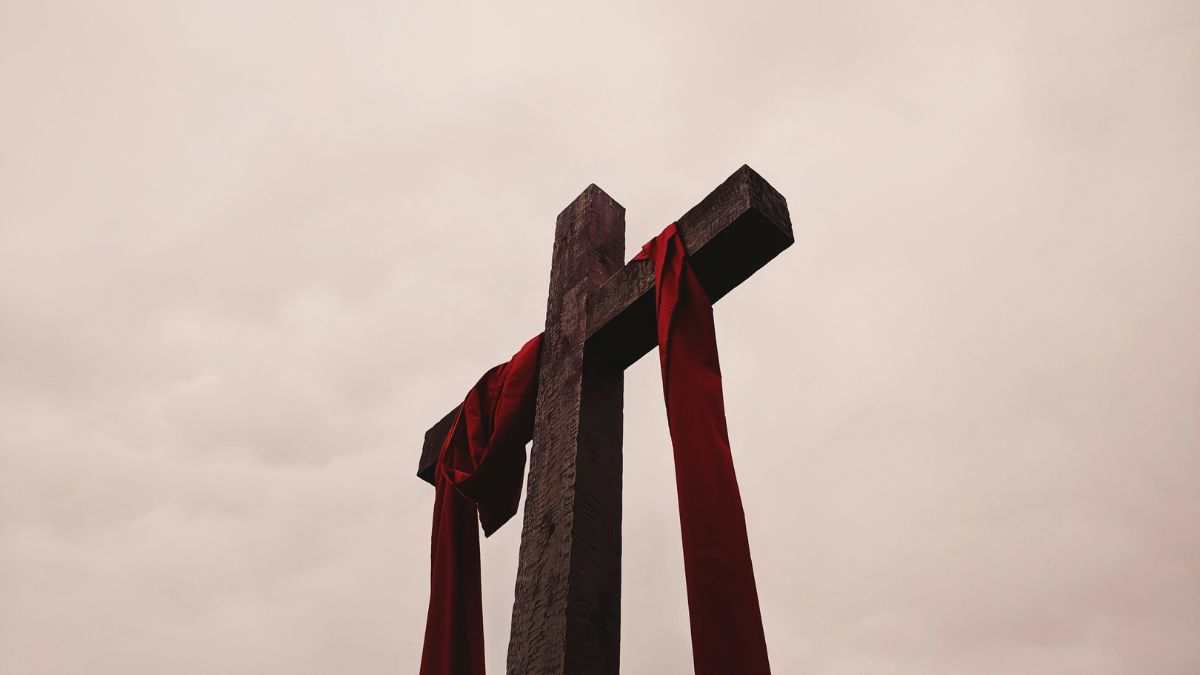

BreakPoint
The Wrong Kind of Prison Fellowship
In August, law enforcement officials foiled a Jihadist plot to attack a synagogue and military recruitment center in Los Angeles. What made the plot especially disturbing wasn’t only the nationality of the organizers—they were native-born Americans of non Middle-Eastern descent—but where the plot was hatched: inside Folsom prison. As the Weekly Standard rightly points out, it’s a perverse take on the idea of “Prison Fellowship.” The organizers were two inmates who converted to Islam while in prison. They recruited thirteen other prison converts into their “holy war” against America. Upon release, the converts would form their own terrorist cells. While this particular plot was foiled, there’s almost certainly more where that came from. According to Edward Caden, a retired California prison official, “prisons are a prime, prime target for terrorist recruiting,” and the recruiters include al-Qaeda. What happened at Folsom prison should not surprise anybody who has set foot in a prison lately. If they had done that, they would have noticed that the Islamic presence inside our prisons is—however you measure it—far greater than it is outside the prisons. I first wrote about this in 1991. What makes prisons a “prime target” for al-Qaeda are two other things that, unfortunately, are in plentiful supply: a resentful population and people who will preach hate and violence to them. After three decades of prison ministry, I can tell you that resentment and bitterness are the rule, not the exception, among prisoners. Radical Islam offers them a chance for vengeance against their perceived oppressors. The incitement to hate and violence is provided by groups like the Al Haramain Islamic Foundation, a Wahhabist group. Its literature, which urges war against Jews and Christians, was primarily sent to prisoners and Islamic prison chaplains. The Koran they distributed in American prisons included an appendix by the former Chief Justice of Saudi Arabia entitled “The Call to Jihad (Holy Fighting in Allah’s Cause) in the Qur’an.” This appendix urged Jihad against all who refuse to convert to Islam. While Al Haramain was shut down by federal authorities, there is, according to the Weekly Standard, “reason to believe that the literature [it] distributed . . . is only the tip of the iceberg of what has reached and may still be reaching U.S. prisons.” Furthermore, Wahhabi influence over the selection of federal prison chaplains is well-documented. Given Saudi Arabia’s resources and intent to spread its brand of Islam, it would be foolish not to expect similar efforts at the state and local level. That’s why the Weekly Standard is right when it calls for a concerted effort to understand what “extremist indoctrination has occurred and is occurring” in our prisons. The best way to prevent attacks like the one planned in California is not just to keep extremism from spreading inside our prisons—though that’s absolutely necessary. We need to counter falsehood with the truth by bringing the Gospel to our prisons, as Prison Fellowship does, because the best way to keep a man from acting on his resentment is to free him from it—something that the preachers of hate know nothing about it.
10/18/05















